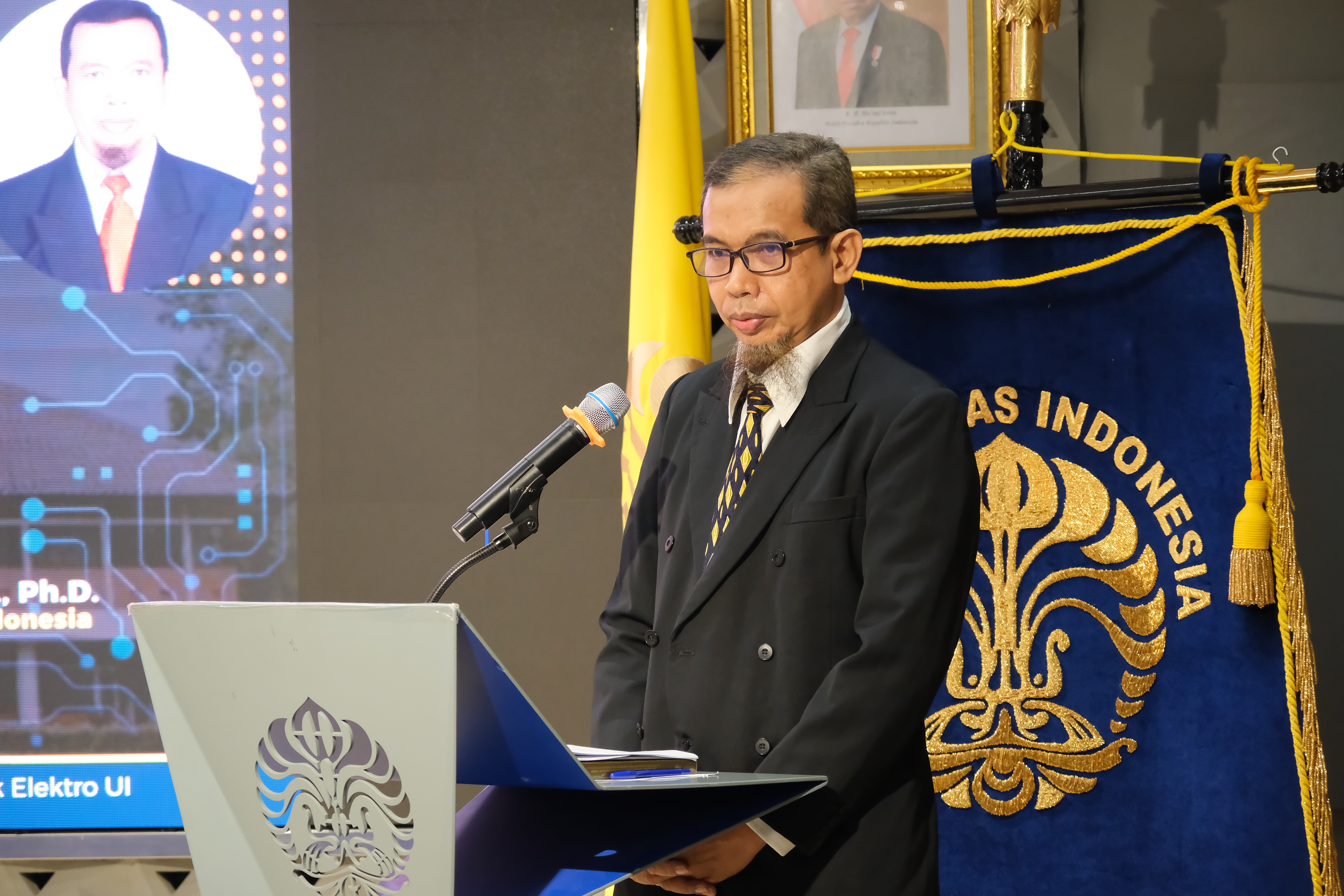There is an increase in fraud and identity theft of personal data becoming an important threat in cyberspace (cybercrime). This is closely related to the increasing use of the internet in various activities, such as social networking, storage of personal information, and especially online transaction activities via the internet network. In exchanging digital data information, security is needed, especially to maintain the privacy of one’s identity.
Identification methods that have been used so far still use conventional identification methods, such as passwords, magnetic ID cards, and Personal Identification Number (PIN) codes on banking credit cards, and debit cards, which have deficiencies such as forgotten, damaged cards, lost cards, stolen, or hacked. falsified or misused.
To overcome this problem, a biometric-based personal identification method was developed, an alternative, especially for high-level security access applications. The development of voice biometrics technology is a solution to ensure individual protection to maintain security from identity theft. Voice biometrics is a technology that utilizes the biological characteristics of human voice patterns for identification and authentication based on the unique patterns of each individual.
The development of this technology was discussed by Haris Isyanto in his dissertation at the Doctoral Program in Electrical Engineering, Faculty of Engineering, Universitas Indonesia, entitled “Development of Voice Biometrics Schemes on CNN Residual and CNN Depthwise Separable Convolution Model Algorithms with DWT-MFCC Hybrid Extraction Features.” This dissertation was presented at the FTUI Doctoral Promotion Session which was held on Thursday (05/01).
“In previous research, voice biometrics mostly used machine learning to process data in recognizing voices, there has been no voice biometrics research that discusses using deep learning algorithms. The main problems of machine learning include not being able to process large amounts of data and the complexity of processing data in the process of identifying objects in images and sounds. Deep learning technology is a technology capable of processing large amounts of data and complex data in the process of object identification,” explained Haris Isyanto in his presentation.
“This research is expected to contribute to the development of a voice biometric scheme framework, including facilitating the training and validation process, reducing high computational costs, to making user voice data in Indonesian,” said the Dean of FTUI, Prof. Dr. Heri Hermansyah, ST., M.Eng., IPU regarding this research.
Haris Isyanto won his Doctoral degree with the title of Very Satisfying. He is the 153rd Doctor who graduated from the Department of Electrical Engineering and the 492nd Doctorate at FTUI. The doctoral promotion session was chaired by the Chairman of the Session, Prof. Dr. Ir. Dadang Gunawan, M.Eng. with the Promoter, Prof. Dr. Muhammad Suryanegara, S.T., M.Sc., IPU and Co-Promoter, Ajib Setyo Arifin, S.T., M.T., Ph.D. The Examiner Team consists of Dr. Ian Josef Matheus Edward, S.T., M.T., and Dr. Eng. Ir. Arief Udhiarto. S.T., M.T., Dr. Basari, S.T., M.Eng. and Dr. Prima Dewi Purnamasari, S.T., M.Sc.
***
Bureau of Public Communications
Faculty of Engineering, Universitas Indonesia

